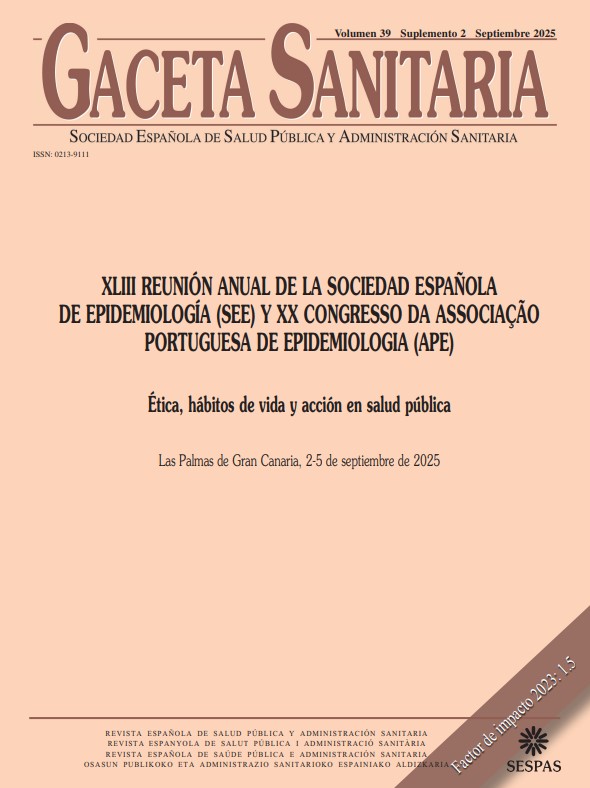565 - EFFECTIVENESS OF COVID-19 MRNA PRIMARY AND BOOSTER VACCINATION DURING PREGNANCY: A TARGET TRIAL EMULATION AND META-ANALYSIS OF DATA FROM 4 EUROPEAN COUNTRIES
IDIAPJGol; University of Oxford; Erasmus Medical Center; University of Oslo; University of Gothenburg; University of Dundee.
Background/Objectives: Evidence on the effectiveness of COVID-19 vaccination during pregnancy is limited. The aim of this study was to estimate vaccine effectiveness (VE) of COVID-19 mRNA vaccines used for primary (2-dose) and 1st booster (3rd dose) vaccination during pregnancy.
Methods: We emulated a target trial using primary care data from Spain (linked to hospital data) and the UK, and nationwide health registries from Norway and Sweden, all mapped to the OMOP Common Data Model. Pregnant individuals aged 12-55 with gestational age #2 34 weeks were included. VE of primary vaccination (2 doses, < 6 weeks apart) was compared to no dose; and 1st booster (3rd dose) was compared to primary (2-dose) vaccination. Outcomes were COVID-19 infection, hospitalization and ICU admission (excluding delivery-related care). Vaccinated were matched 1:1 to unvaccinated peers through weekly sequential matching. We estimated the per-protocol effect (> 15 days post-vaccination) and censored individuals if not adherent to the vaccination regimen. We also censored at pregnancy end. We used standardized mean differences (SMD) to evaluate balance, and negative control outcomes (NCO) to detect residual bias. Hazard ratios (HR) were derived from Cox models and VE was estimated as 100x(1-HR). Results were meta-analysed using random-effects models. We stratified results by pregnancy trimester and vaccine brand.
Results: We included 62,061 and 41,096 exposed women at vaccination with a first and booster dose, respectively, who were matched with the same number of unexposed peers. Enrolment occurred in periods dominated by the Delta (primary vaccination) and Omicron (booster) variants. Median follow-up across databases was 42-55 days for primary vaccination and 73-116 days for boosters. SMDs showed good covariate balance, and NCO results were not suggestive of residual bias. Meta-analysis showed a VE of 26.2% (16.2-35.1; I2 = 0.7) against infection and 55.6% (44.1-64.8; I2 = 0) against hospitalization for primary vaccination. For boosters, VE was 33.6% (-1.6-56.6; I2 = 1) and 34.1% (0.6-56.4; I2 = 0.5), respectively. Event counts were insufficient to analyze ICU admissions. Results were consistent by pregnancy trimester and vaccine brand.
Conclusions/Recommendations: To our knowledge, this is the largest and longest follow-up study on COVID-19 VE in pregnancy. Vaccination with a primary (2-dose) or 1st booster (3rd dose) against COVID-19 during pregnancy was effective in preventing COVID-19 hospitalizations, with modest protection against infection.
Disclosures: FN reports research project support (paid to his institution, no personal fees) by Bayer, with no relation to the work reported here. FN owns some AstraZeneca shares.















